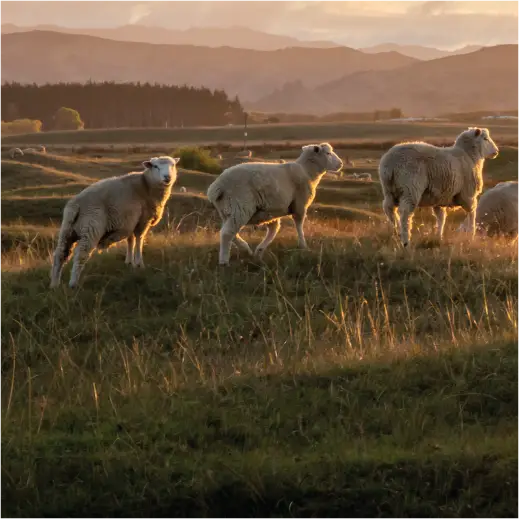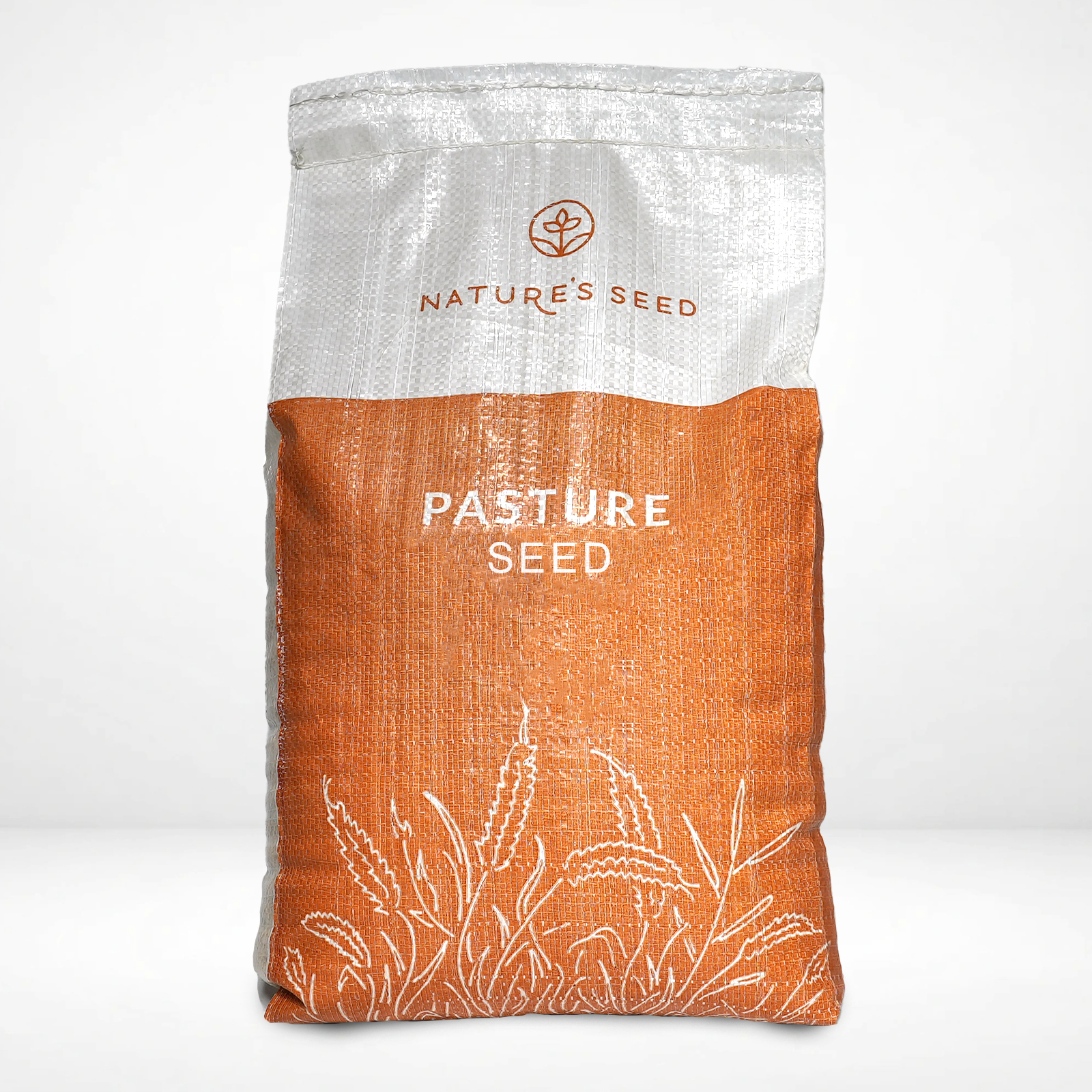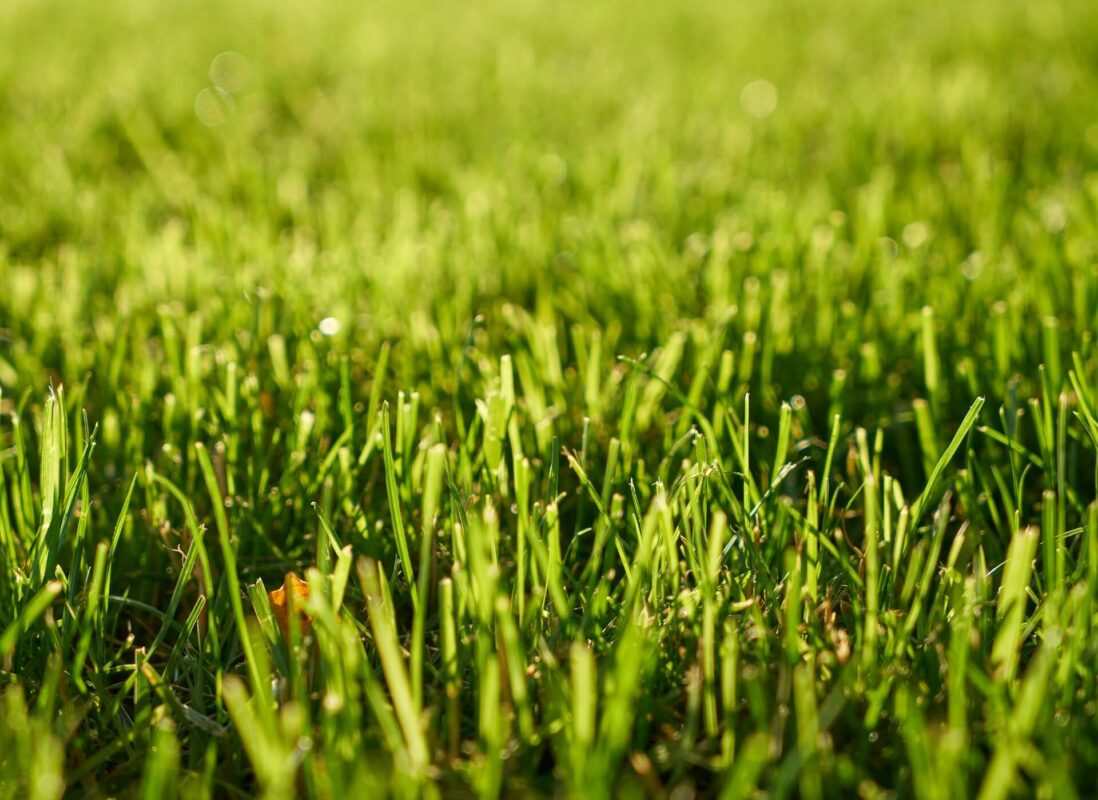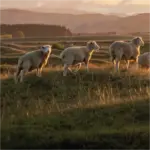
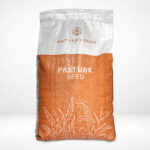
What is the Southern Sheep Pasture Mix?
Southern Sheep Forage Mix is a resilient, wildlife-friendly pasture blend designed for U.S. grazing systems. Combining deep-rooted grasses and flowering legumes, it thrives across the Great Plains, Southeast, South Central, Midwest, and Intermountain West. Ideal for low-water pastures, habitat plantings, and erosion control, this mix supports livestock and pollinators alike.
Specifications
Sun Requirement
Full Sun to Partial Shade
Soil Preference
Prefers well-drained soils; adaptable from sandy loam to clay loam
Soil pH
5.5–8.0
Time to Maturity
7-21 days
Height when mature
12–24 inches
Seeding Rate
20 Lb/Acre
Planting Depth
1/8 to 1/4 inch
Sheep Pasture & Forage Mix | Warm Season
SKU: PB-SHEP-SO
- Sheep
Does This Product Grow Well in Your Region?
Check your region
$69.99 – $289.99Price range: $69.99 through $289.99
Select Quantity
Why Choose This Seed?
What Seeds are in the mix?

Drought Performance
Combining cool-season tall fescue and warm-season bermudagrass, this mix maintains productivity under moisture stress thanks to deep-root adaptations.
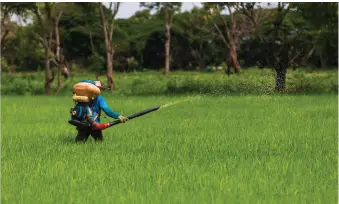
Low Maintenance
Tall fescue thrives on low-fertility soils and endures grazing misuse, reducing input needs over time.
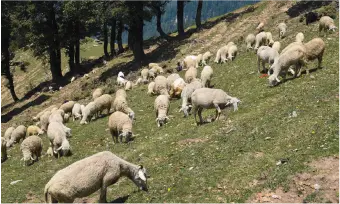
Erosion Control
Dense root mats bind soil across slopes, making the mix ideal for stabilizing banks and pathways.
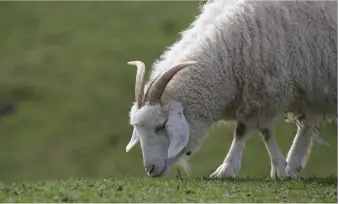
Grazing Resilience
Species recover rapidly when grazed no closer than 3–4 inches, allowing rest periods of about 30 days.
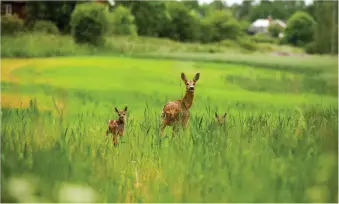
Wildlife & Pollinator Habitat
Chicory blooms from July to October, and clovers deliver nectar for bees, butterflies, and other beneficials.
What Seeds are in the mix?
Seed Description
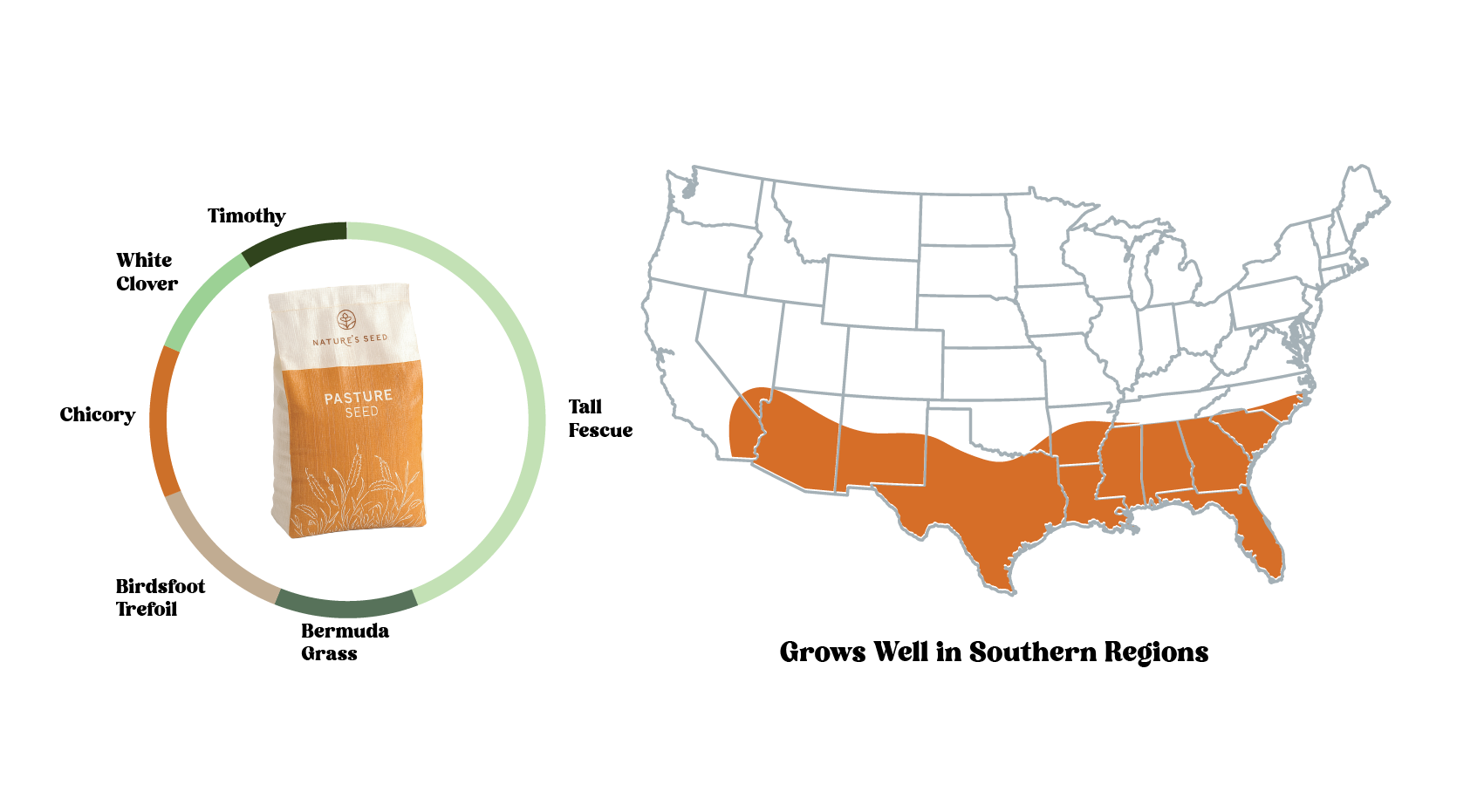
Product Details
Sun/Shade
Full Sun to Partial Shade
Height
12–24 inches
Seeding Rate
20–25 lbs/acre
Uses
Grazing, erosion control, habitat restoration, forage production
Color
Green
Water
Moderate (drought tolerant)
Native/Introduced
Introduced from Europe/Africa; naturalized across North America
Life Form
Product Uses
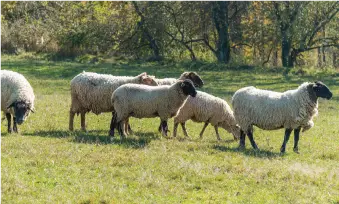
Great for Rotational Grazing
Ideal for rotational and continuous grazing systems, providing high-quality feed and rapid recovery when managed correctly.
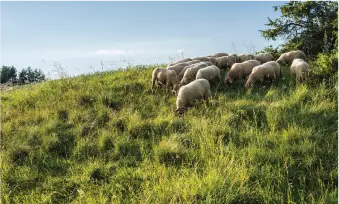
Erosion Control
Establishes quickly on vulnerable slopes to reduce runoff and soil loss, supporting land conservation goals.
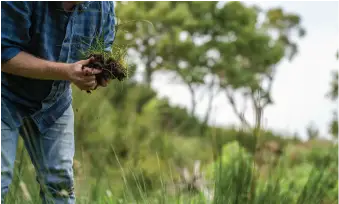
Low-Maintenance Landscaping
Thrives with minimal inputs, holding its own on low-fertility sites and reducing long-term upkeep.
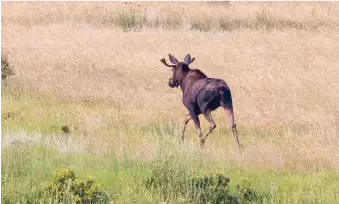
Wildlife Habitat
Flowering legumes and chicory attract pollinators and game species, enhancing on-farm biodiversity.
Questions & Answers
What is Southern Sheep Forage Mix and why should I plant it?
This custom blend of six high-performance species delivers nutritious forage, drought resilience, and wildlife habitat value—all in one mix designed for U.S. grazing operations.
How does this mix perform under drought conditions?
Deep-rooted tall fescue and bermudagrass maintain growth during dry spells, ensuring feed availability even with limited rainfall.
What is the best way to plant and establish this mix?
Seed at 20–25 lbs/acre into a firm, weed-free bed at 1/8–1/4 inch depth in spring or early fall for optimal establishment.
How do I manage grazing for optimal regrowth?
Graze stands down to 3–4 inches, then rest for at least 30 days before re-entering to allow recovery and maintain vigor.
Will this mix support pollinators and wildlife?
Yes—chicory and clover blooms supply nectar that boosts bee and beneficial insect populations on your property.
Which USDA regions is this mix best suited for?
It thrives across the transition and temperate zones, including the Great Plains, Southeast, South Central, Midwest, and Intermountain West.
Still have
questions?
Our planting experts
are here to help.
customercare@naturesseed.com
Response time:
Within 1 business day
Reviews
Southern Sheep Forage Mix is a resilient, wildlife-friendly pasture blend designed for U.S. grazing systems. Combining deep-rooted grasses and flowering legumes, it thrives across the Great Plains, Southeast, South Central, Midwest, and Intermountain West. Ideal for low-water pastures, habitat plantings, and erosion control, this mix supports livestock and pollinators alike.
| Coverage Area | , , |
|---|
Related Products
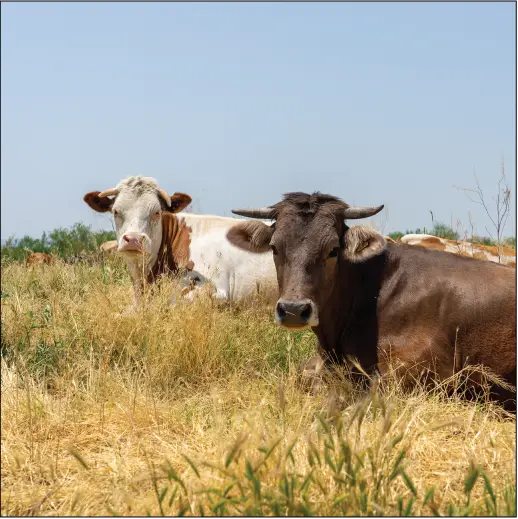

Cattle & Dairy Cow Pasture Mix for Warm Season
(4.7) - 145 reviews
$3.20/lb
Cattle
Southern USDA Regions (8-10)
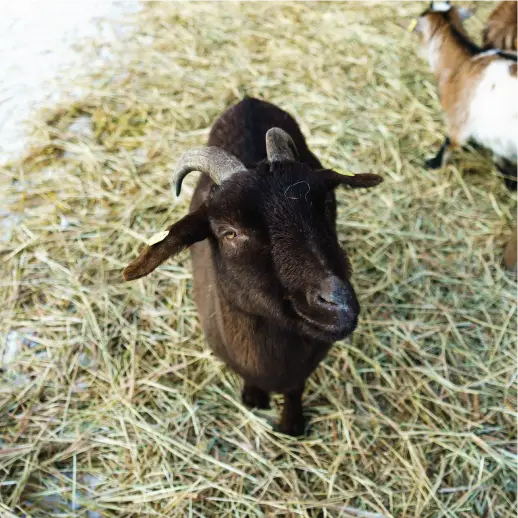

Goat Pasture & Forage Mix | Cold Season
(4.7) - 145 reviews
$4.20/lb
Goats
Northern USDA Regions (3-5)
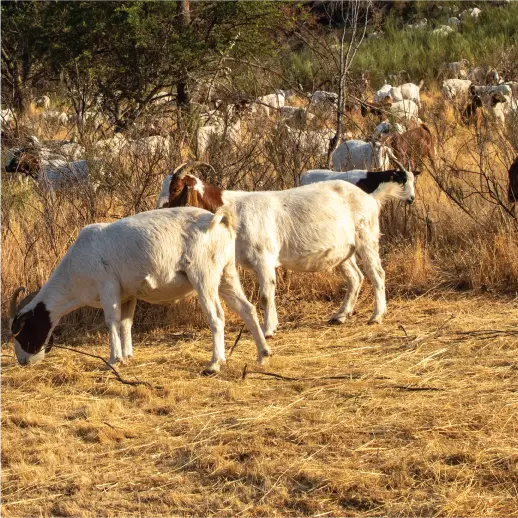

Goat Pasture & Forage Mix | Warm Season
(4.7) - 145 reviews
$4.20/lb
Goats
Southern USDA Regions (8-10)
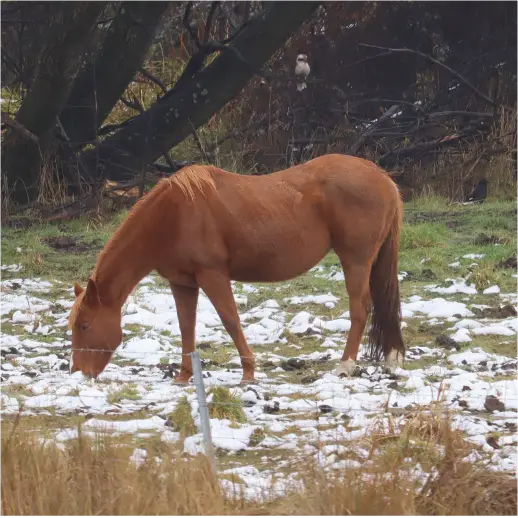

Horse Pasture Mix | Cold Season
(4.7) - 145 reviews
$2.40/lb
Horse
Northern USDA Regions (3-5)
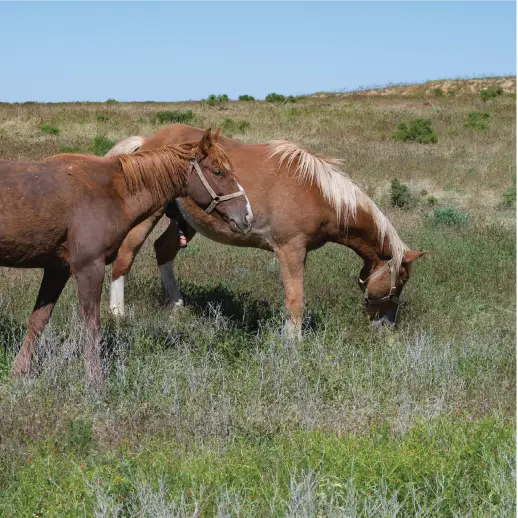
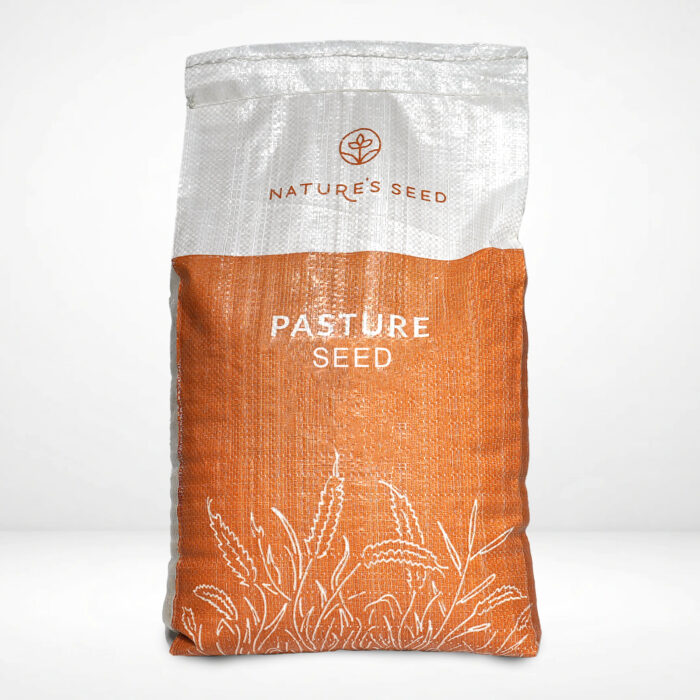
Horse Pasture Mix | Warm Season
(4.7) - 145 reviews
$3.20/lb
Horse
Southern USDA Regions (8-10)
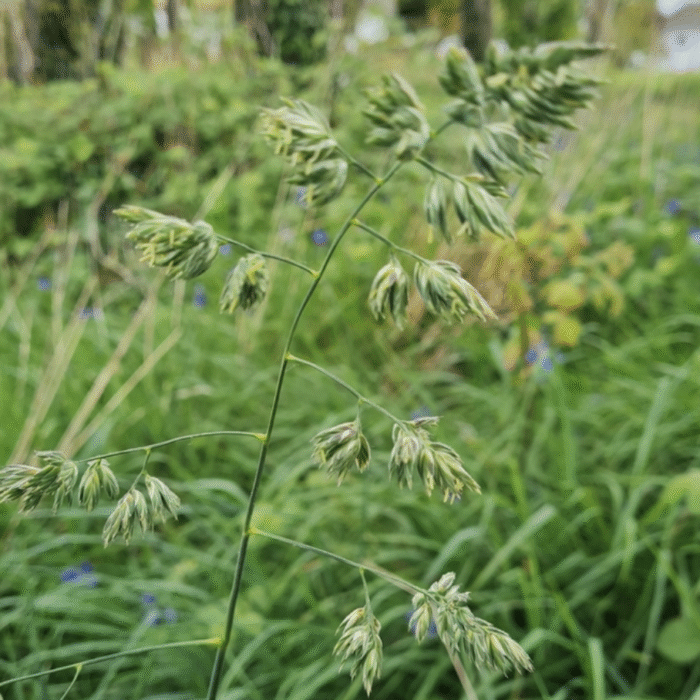

Orchardgrass
(4.7) - 145 reviews
$6.99/lb
Cattle, Poultry, Sheep, Goats, Horse, Bison
Northern USDA Regions (3-5), Southern USDA Regions (8-10), Transitional USDA Regions (6-8)
